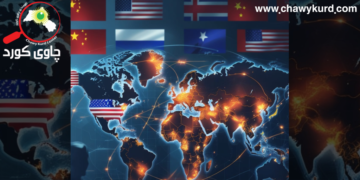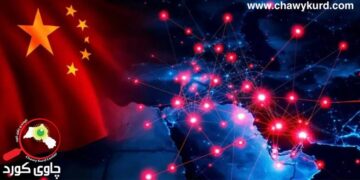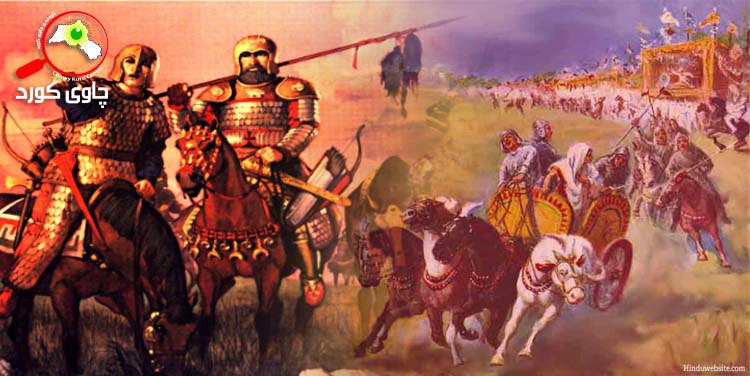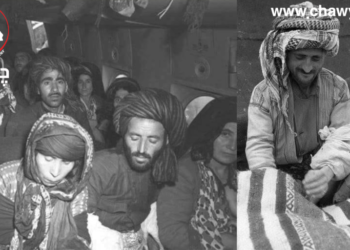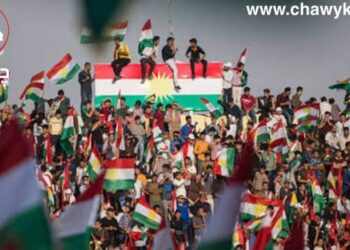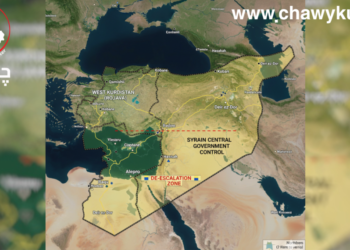“A New Reading of Kurds, Aryans and Indo-Europeans”
Kurds and the concept of Aryans and the theory of Aryan ethnicity
The term Ary, Aryans and the theory of Aryan race is also a complex and problematic subject, because if we define this group of people, it will be; (These were a group of people and tribes who came from Central Asia near the Ural River (today’s Kazakhstan) to present-day Iran in 3,000 BC.
So they had this term or this name before they came to Iran. Later, Iran was known as the country of the Aryans. That is, the name of Iran goes back to them. They use it to merge the Aryan peoples under the name of Iran into Persian and consider Aryans and Iran as belonging to Persia.
Rather, the Persians were a branch or a small tribe of this group of people, not all the Aryan tribes and peoples. If Parsva-Persian is a branch of this group of people, then we Kurds have several branches of this group of people known as Aryans, such as Kasi-Kashi, who ruled for four centuries. The Hittites and Mitanni had states and rulers alongside the Kashites. Meanwhile, alongside the Egyptian pharaoh, then the Medes and Medes who had a century and a half of states and emperors and considered one of the four great emperors. They succeeded on Medes and became the owners of the state and received most of the principles of statehood and civilization from the Medes. The roots of the word Aryan are related to Sanskrit, which is one of the oldest languages in the Indo-European language family.
In short, we can say that the Kurds were Aryans, not Indo-Europeans and Indo-Iranians, or it is better to use Aryan-Zagros instead. It can be said that Kurds are Aryans (Indo-Aryan) not Indo-Iranian, as the researcher (Wolfram von Soden) in the book (Ancient near East) used this concept for Kurds. In other words, the use of Indo-European and Indo-Iranian for Kurds is unscientific and incorrect, especially in terms of race because the Kurds have an independent race and were formed before Indo-European and Indo-Iranian.
Therefore, the Kurdish nation is not Iranian, Indo-Iranian, Indo-European, but they are Indo-Aryan as an independent nation has its own language and race. Like the archaeologist and Mesopotamian scholar (Geoges Roux) in his book (Ancient Iraq) also used the name or term Aryan and Hindu-Aryan for the Kassi, Hittite and other peoples of the Zagros and Kurdish ancestors. The first homeland of the Aryans was Kurdistan, the migration of the Aryan peoples from Zagros to all regions of the Indo-Balkans, Eurasia, Europe and the world.













